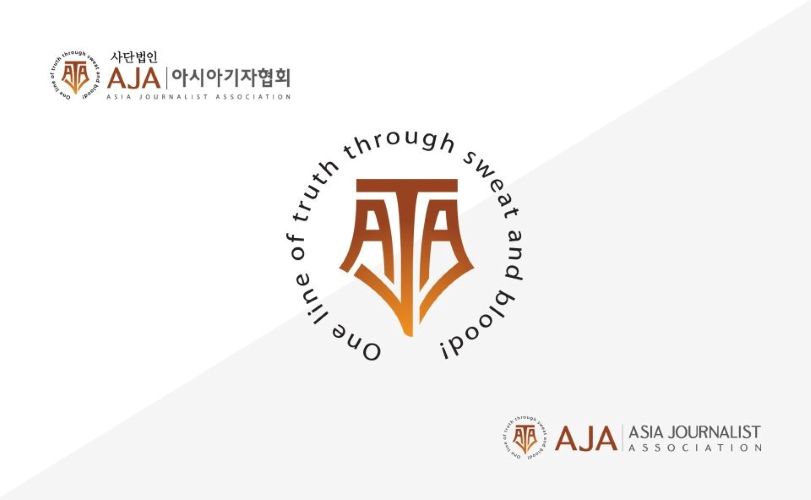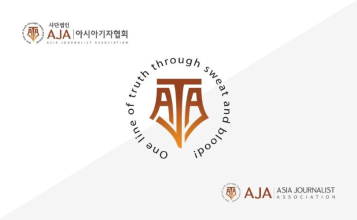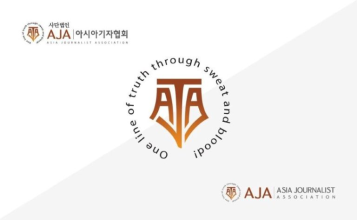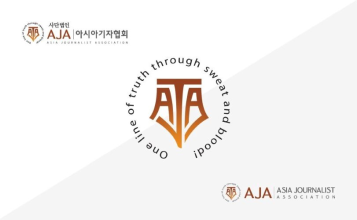AJA Newsbites – June 12, 2025

AJA Newsbites is a curated roundup of major news and developments from across Asia, brought to you by members of Asia Journalist Association (AJA)
Lee Sang-ki, THE AsiaN, Korea
On June 11, President Lee Jae-myung made an unannounced visit to the press cafeteria inside the Yongsan presidential office, where he shared a meal of noodles with reporters. He was accompanied by key aides, including Chief of Staff Kang Hoon-sik.
The visit came a day after a similar surprise lunch, during which President Lee dined with presidential staff and later joined members of the press for an informal tea session.
Since his candidacy, President Lee has consistently emphasized the importance of communication with the media. At a recent press conference, he stated, “The more regular briefings or Q&A sessions, the better,” reaffirming his commitment to transparency.
Norila Daud, Malaysia World News, Malaysia
The traditional Malaysian custom of celebrating Hari Raya Aidiladha in one’s hometown with parents and relatives is gradually shifting, as more members of the younger generation are choosing to travel to Southern Thailand—particularly Hat Yai, Satun, and Narathiwat—for the festive holiday.
According to Buletin Utama, a local TV news program, customs officials reported that over 13,000 people crossed the border checkpoint. This included approximately 7,000 Thai nationals, nearly 5,000 Malaysians, and the remainder from other foreign countries.
Meanwhile, a survey found that the Immigration, Customs, Quarantine and Security (ICQS) complex in Padang Besar was bustling with outbound Malaysian travelers heading into Thailand. Many vehicles bore Malaysian license plates, indicating the growing trend.
Some travelers explained that they visit places like Hat Yai and Satun to experience the festive season outside of Malaysia.
One traveler from Kedah said they opted to take the KTMB train into Thailand to avoid the heavy road traffic. Others reported using Thailand as an alternative route to reach their hometowns in Kelantan, as the journey is shorter—even though it involves passing through two international checkpoints.
Expanding on this, a traveler heading to Kelantan noted that there are no traffic jams when taking the Thailand route, which takes about three and a half hours, compared to the seven to eight hours typically needed when traveling within Malaysia.
Chhay Sophal, Cambodia News Online, Cambodia
Cambodian Prime Minister Hun Manet and French President Emmanuel Macron have signed a bilateral cooperation agreement on the sidelines of the Third United Nations Ocean Conference (UNOC3), held in Nice, France, from 9 to 11 June 2025.
The two leaders reaffirmed their commitment to deepening Cambodia–France relations, highlighting the joint development of a roadmap to elevate the partnership to a Strategic Partnership. During their meeting, they explored avenues to enhance and expand cooperation across key sectors such as trade and economy, defence and security, energy, and culture.
According to a statement from the Cambodian government, President Macron announced that he would send a delegation led by France’s Minister of Trade to Cambodia to further promote trade and economic collaboration.
President Macron also acknowledged Cambodia’s internationally recognized expertise in mine clearance and reaffirmed France’s continued support for Cambodia’s national defence sector. The statement added that both leaders exchanged views on priority areas for cooperation within the frameworks of ASEAN and the United Nations.
Nasir Aijaz, Sindh Courier, Pakistan
Pakistan on Tuesday unveiled a $62.4 billion budget for the fiscal year 2025–26, featuring a 20% increase in defense spending.
Finance Minister Muhammad Aurangzeb presented the budget in the National Assembly in Islamabad, amid vocal protests from opposition lawmakers.
The government has allocated 2.55 trillion Pakistani rupees (approximately $9 billion) for defense, up from 2.1 trillion rupees ($7.4 billion) in the previous fiscal year.
The increased defense budget comes in the wake of a recent military standoff with neighboring India, highlighting heightened regional tensions.
Habib Toumi, THE AsiaN, Bahrain
Bahrain’s annual summer ban on outdoor work during the afternoon hours will take effect from June 15 and continue until September 15.
According to a ministerial decision, the ban prohibits working under direct sunlight and in open areas from 12:00 p.m. to 4:00 p.m. This year, the ban has been extended by one month, with an additional 15 days added in both June and September.
The decision includes penalties for non-compliance, including imprisonment for up to three months and substantial fines. The midday work ban is implemented each year to protect workers from heat-related illnesses and occupational hazards during the peak summer months.
This measure reflects Bahrain’s commitment to upholding workers’ rights and ensuring safe working conditions in line with international labour standards.
ⓒ THE AsiaN | All rights reserved
This content is copyrighted by THE AsiaN. If you wish to share it, please do so without modifying the original text and always include the source link. Unauthorized editing or sharing without proper attribution may result in legal consequences.



